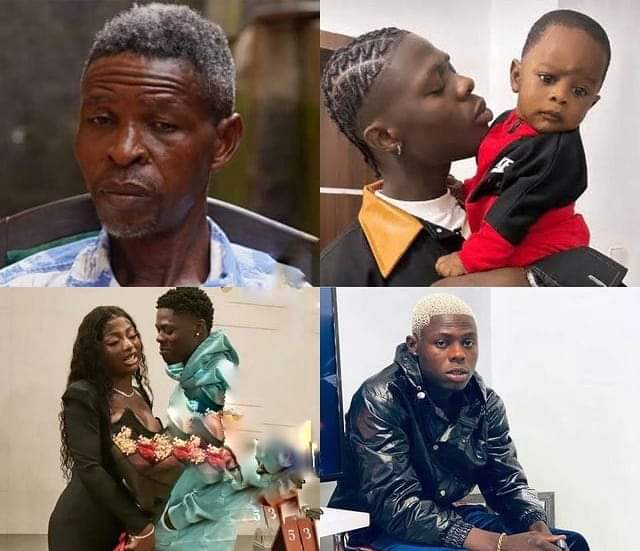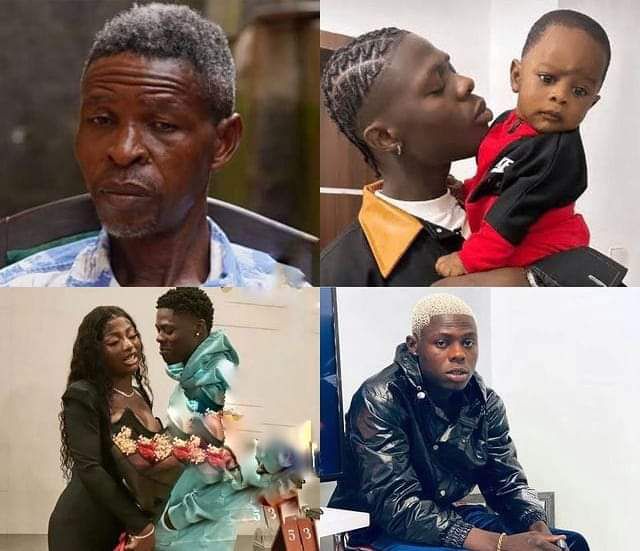News
Nigerians And The Failed Coup In Turkey By Reuben Abati
Nigerians know what it means to have a constitutional order derailed by military intervention. Between 1960 and 1999, Nigeria moved from one form of military rule to another, characterized by obstinacy, and absolutism, experiencing only short spells of civilian rule. Similarly, the military in Turkey have since 1960 intervened directly at least four times (1970, 1971, 1980, 1997). And in all instances, the Turkish coup plotters always claimed that their role was to restore order and stabilize the country. This is a rhetoric that is quite familiar to Nigerians. Every military coup is justified on messianic grounds. In the latest onslaught in Turkey, the plotters claim they want to establish a “Peace Council.”
Between 1993 and 1999, Nigerians fought the military to a standstill, insisting on a definite return to civilian rule and the institutionalization of democracy. Sixteen years later, the democratic spirit is well established among the people, if not the Nigerian leadership elite. The people have seen what a demonstration of people power can achieve: they used it to get the military out of power, they relied on it to insist that the Constitution be respected and obeyed when a President died in office and certain forces did not want his successor to get into office, and again, they have seen people-power at work in removing a sitting government from power. Right now in Nigeria, to toy with this power of the people in any form is to sow the seeds of organized mass rebellion.
Not surprisingly, in the past few years, every display of the people’s supremacy in other parts of the world has attracted either interest or a copy-cat instinct among Nigerians. First, there was the Arab Spring, which resulted in calls for the Nigerian Spring, which later found expression in the politically motivated Occupy Nigeria protests of January 2012. And now from Turkey, the major point of interest for Nigeria has been in my estimation, how the people took to the streets to confront soldiers. The coup failed in Turkey because it lacked popular support. Turkey has for long been considered an embarrassment in Europe. A successful coup in 2016 would have put the country in a worse shape and done further damage to the country’s reputation. The people stood up for their country, not President Recep Tayyip Erdogan. They stood up for an idea: The idea of democracy. The three major political parties disowned the coup. Mosques called on the people to go to the streets and fight for democracy. Even Erdogan’s critics, including the Kemalists and the Glulenists, denounced the coup plotters. The images that came across were images of the police confronting the soldiers and disarming them (This was intriguing- can anyone ever imagine the Nigeria police protecting democracy: they would have since collected bribe from the coup plotters, there is massive corruption in Turkey too but their police fought for the nation). Ordinary citizens lay down in front of the coup plotters’ tanks and asked to be crushed; brave citizens disarmed the soldiers and took over the city squares.
It is the kind of bravery that Nigerians find surreal. The coup attempt in Turkey comes at a time when the civil society in Nigeria is beginning to lose the spirit to stand in front of tanks, and guns: the people have been battered to a point where their strongest protection is their power of the ballot and so the average Nigerian endures suffering, convinced that when again it is time to vote, no one can rob him or her of his power to choose. But the situation in Turkey reminds us of the kind of danger that any democracy, with troubled foundations can face, hence Nigerians ask if they too can be as courageous as the Turkish have been, with both Turks and the much abused Kurds, and other divided groups, uniting, momentarily, on one issue.
Not that Mr. Recep Tayyip Erdogan deserves the victory over the coup plotters, though. Outsiders, including Nigerians, consider him a bad guy; and even if he is still popular and blindly followed by the majority of his people, his 13-year record in office falls far short of standards. He came to office on the wave-crest of popular appeal. In Istanbul where he was a city mayor at a time, he remains immensely popular, and he is also probably the most popular leader, not in Europe, but the Arab world. Thrice, he and his party, the AKP, won nationally organized elections. But success soon got into Erdogan’s head, as he descended into the lower depths of arrogance and dictatorship. He started having issues with neighbours and allies.
He became undemocratic, shamelessly alienating civil society, the press and the judiciary. He is so temperamental and intolerant of criticism and alternative views, he is now surrounded mainly by sycophants and relatives. In his attempt to dominate everything and everyone, he became known as the “buyuk usta”, that is “the big master”, and of course, he now lives in a $615 million Presidential palace with 1, 150 rooms! In addition, he wants to acquire US-style executive Presidential powers and he is busy battling, real and imaginary enemies. He may have been saved by the people’s rejection of the coup attempt, but perhaps Erdogan has been saved more by his own cleverness. The coup attempt against his government was an amateur, unorganized effort. It lacked the support of the military command, which Erdogan had cleverly subjected to civilian control, and among whom he had built centres of personal loyalty. Over the years, he weakened the military and strengthened the police and the intelligence services. The coup plotters over-estimated their capacity and misread the people’s mood.
Their failure may embolden Erdogan and even make him more authoritarian: he is already sounding off about being in charge and dealing with the coup plotters (over 2,000 of whom have already been rounded up and arrested, even judges have been fired). But Turkey is in a very bad shape. Resentments run deep. There are deep fears about threats to the country’s secularism, and attempts to Islamicise the country. A paranoid Erdogan could worsen the situation. Both the United States and the European Union should take a keen interest in what happens in Turkey after the coup attempt, to ensure that rather than dig deeper into authoritarianism, Erdogan would see the need to run a more open, inclusive and democratic government.
The coup may have failed, and democracy may have won, but whatever issues led to a group of ill-prepared soldiers taking the law into their hands cannot be wished away. To tell the truth, Recep Erdogan acts very much, in all respects, like an African leader in Europe – that probably explains the keen Nigerian interest. The key lesson, all told, is that the importance and survival of democracy relates to the importance of civic virtue, this is why leaders must rely not just on the people’s commitment to an idea, but must seek to make democracy work for all the people.
Celebrities
DNA SAGA: Actor Yomi Fabiyi Writes Mohbad’s Widow; Wumi Aloba

Dear Wunmi,
A DNA CAN BE REQUESTED BY MOHBAD’S FAMILY
I share in your family’s pain in the loss of Mohbad. May God forgive his sins. I am writing you based on the prolonged arguments on the issue of DNA concerning Mohbad’s son and ongoing investigation into the actual cause of his death.
The following reasons are why you can be compelled for a DNA TEST by Mohbad’s family:
i) From the look of things, Mohbad’s death is tilting towards “HOMCIDE” owing to events that happened in the last 48 hours before the singer d1ed. The coroner inquest is an investigation and needs closure before charges.
ii) In a saner cline, those around the deceased, those who tampered with the active crime scenes, are SUSPECTS and should have been taken in for questioning, which include you.
iii) If there is evidence/accusation of infidelity around the time of conception against you or re-occuring domstic violnce (and no clear reasons for conflicts), chances are the cause is due to paternity Only a DNA test can vindicate you, dear. It’s your advantage.
iv) if Liam will inherit the late singer’s estate and the likely cause of his muder is within the house, the family as a legally interested party can ask you honourably or through the court to conduct a DNA before you can be allowed custodian of their son’s properties on behalf of LIAM, etc. Moreso, the DNA will help investigators narrow their drag nets. NO ONE SHOULD OBSTRUCT POLICE or CORONER’S INVESTIGATION.
v) Mohbad, in an unverified audio released, equally accused you of wanting to kll him. No one knows if it is the normal couples’ fight or if it was due to any other sensitive issue.
vi) Anything that will bring clarity, absolve you of any wrongdoing, erase suspicion around you, get justice for Mohbad should interest you,including a DNA TEST.
vii) Your continued back and forth is an attempt to infuriate members of the public and pitch irrates youths against the Police and government. No sooner, people will conclude that someone powerful is shielding you. And that person can’t be more powerful than a determined masses.

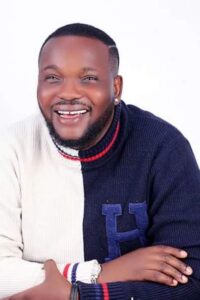
News
JUST IN: “I Know That Liam Is My Grandson, I Don’t Doubt It, But Wunmi Should Do The DNA For The Sake Of Nigerians To Know That Liam Is Mohbad’s Son” — Baba Mohbad Says
News
Harvard University To Hosts Apostle Joshua Selman
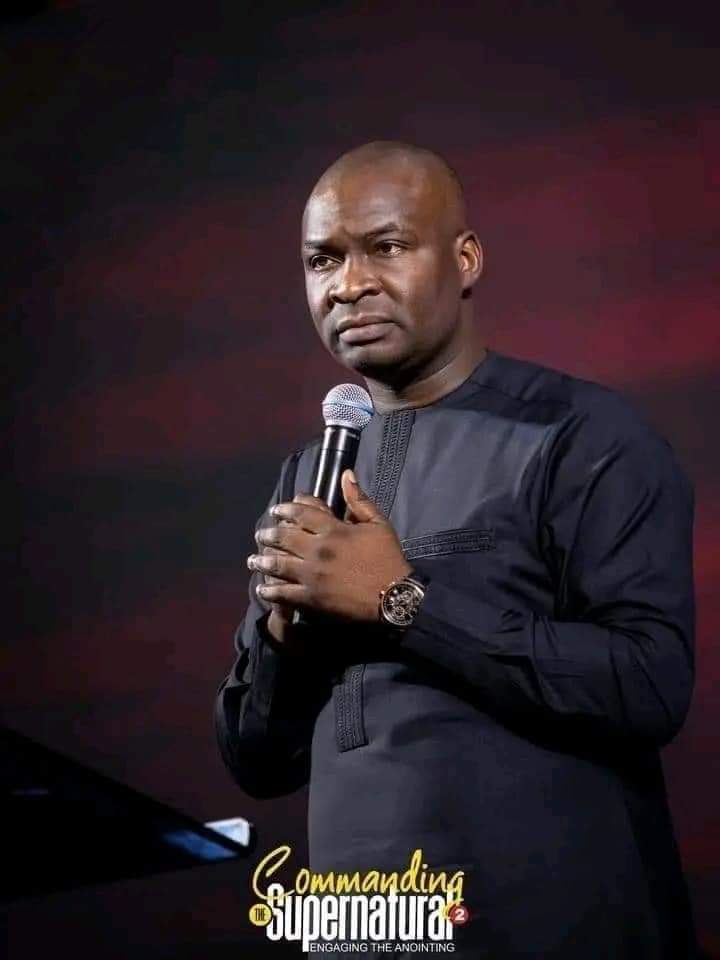
Harvard University’s Center for the Study of African Societies and Economics (CSASE) is set to welcome Apostle Joshua Selman, the esteemed founder of Koinonia Global Ministries, for a compelling lecture titled “The Role of Religion in Resilient Societies: Lessons from Africa’s Development Journey.”
Scheduled for Tuesday, March 26th, 2024, from 12:00pm to 1:30pm, the event will take place at the renowned Harvard Divinity School. Apostle Joshua Selman’s lecture promises to shed light on the vital role of religion in shaping resilient societies, drawing from Africa’s unique developmental trajectory.
Attendance requires registration due to the exclusivity of the occasion. Following the lecture, attendees will have the opportunity to participate in a reception aimed at fostering deeper engagement and dialogue.
Harvard University invites all interested individuals to join Apostle Joshua Selman for an enlightening conversation that seeks to challenge perceptions and inspire new insights into the relationship between faith and social progress.
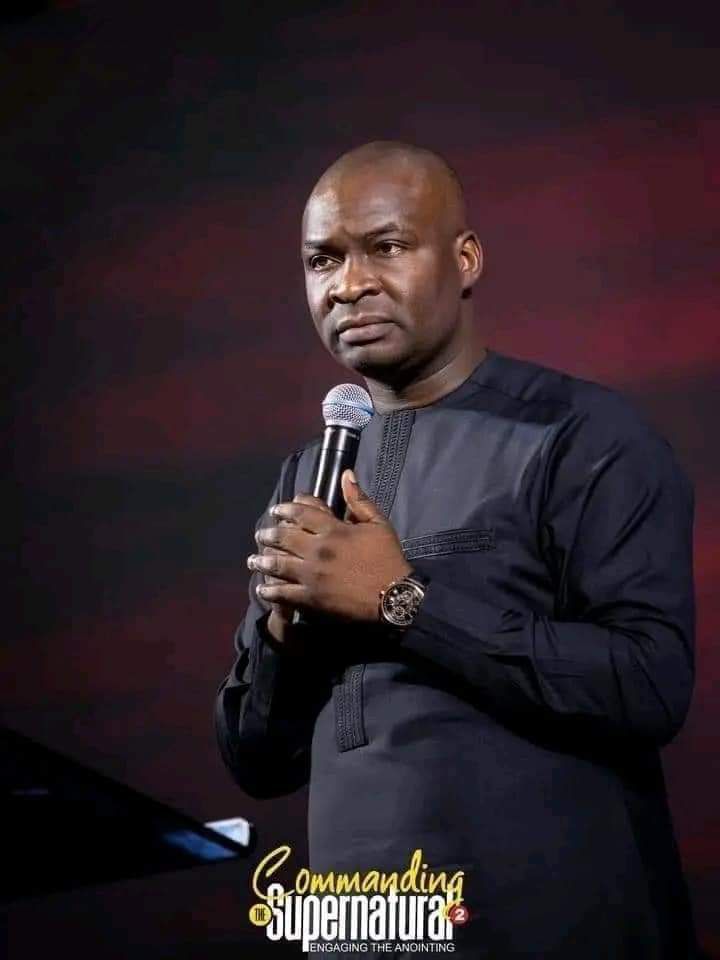
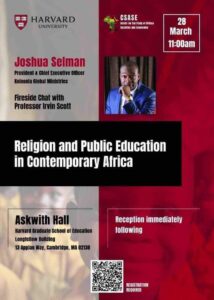
-
News6 years ago
Blog Reader; Samson Osagiede Celebrates Fiancè Benedicta Daniels’s Birthday With Sweet Words
-
Home7 years ago
News Channel claims Donald Trump is an orphan from Pakistan,share alleged childhood photo
-
Home7 years ago
Oil Spillage: House of Reps Member Shares Photos of the Water her Constituents Drink .
-
Home7 years ago
Another $175m Found in Patience Jonathan’s wife’s firm’s Bank Account
-
Home7 years ago
Zara Buhari & Ahmed Indimi’s Wedding Access Card
-
News6 years ago
The Best Video You’ve Seen Today?
-

 Sport6 years ago
Sport6 years agoModric, Marta Wins 2018 FIFA Best Player Of The Year Awards ⚽️
-
News4 years ago
I Rαped Over 40 Women In One Year” – Says Kano Serial Rapist Who Was Caught In A Child’s Bedroom


